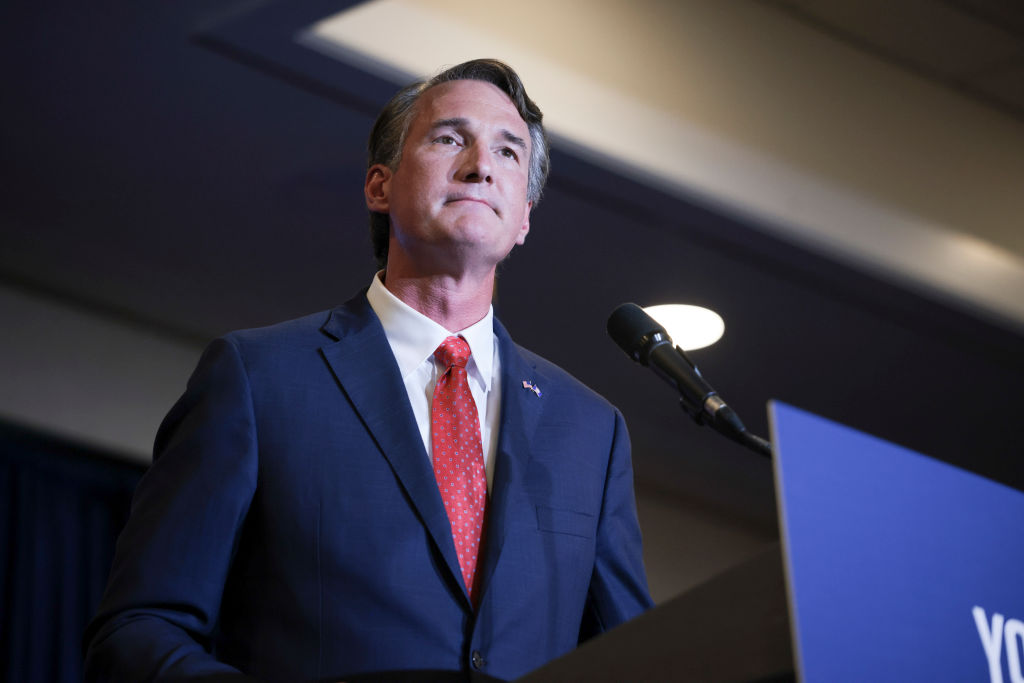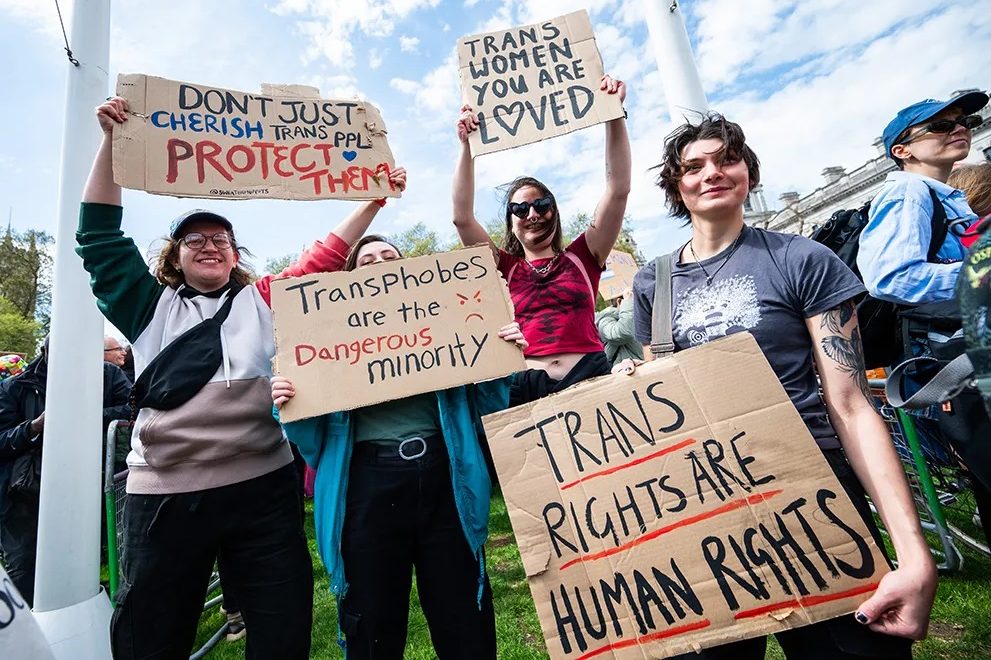Virginia governor Glenn Youngkin is not backing down in the face of left-wing criticism of his new policy on parental rights in schools.
During a Sunday interview on CNN’s State of the Union, Youngkin rejected the push from teachers’ unions and Democratic activists to supplant families as the most important arbiter of a child’s upbringing.
“[P]arents have a fundamental right to be engaged in their children’s lives,” Youngkin said. “And, oh, by the way, children have a right to have parents engaged in their life. And we needed to fix a wrong…children don’t belong to the state. They belong to families. And so, in these most important decisions, step one has to be to engage parents, not to the exclusion of a trusted teacher or an adviser, but to make sure that parents are involved in their children’s lives.”
The governor also noted that accommodations may be made for transgender youth in some cases, but that parental authority must be given first.
Youngkin won a shock victory over former governor Terry McAuliffe in 2021 on the back of the parental rights movement in his state; he quickly followed up by issuing new guidance on how schools should navigate the rise in students who identify as transgender. The policy requires a student to receive their parents’ permission if they wish to change their name or be treated as a different gender at school. It also makes sure that students are using facilities and joining sports teams consistent with their biological sex.
Transgender activists alleged Youngkin’s policy would cause harm to trans youth. Transgender youth who were prohibited from transitioning would have higher rates of suicide, they said, even though there is no good evidence to support that claim. They also claimed that requiring parental permission for gender transitions could cause trans youth to be abused by bigoted parents. That argument doesn’t accept that there might be very good reasons a parent would not want their child to socially or medically transition, such as the fact that most trans youth grow out of their feelings of gender dysphoria.
It is much to Youngkin’s credit that he has resisted this emotional blackmail. Perhaps his next step as governor will be to ban “equitable grading” practices like the ones being implemented in Fairfax County schools. Such measures would possibly eliminate grading penalties for late assignments, allow unlimited retakes on assignments and tests, and raise grading floors so as to fight “institutional” and “racial bias.”

























